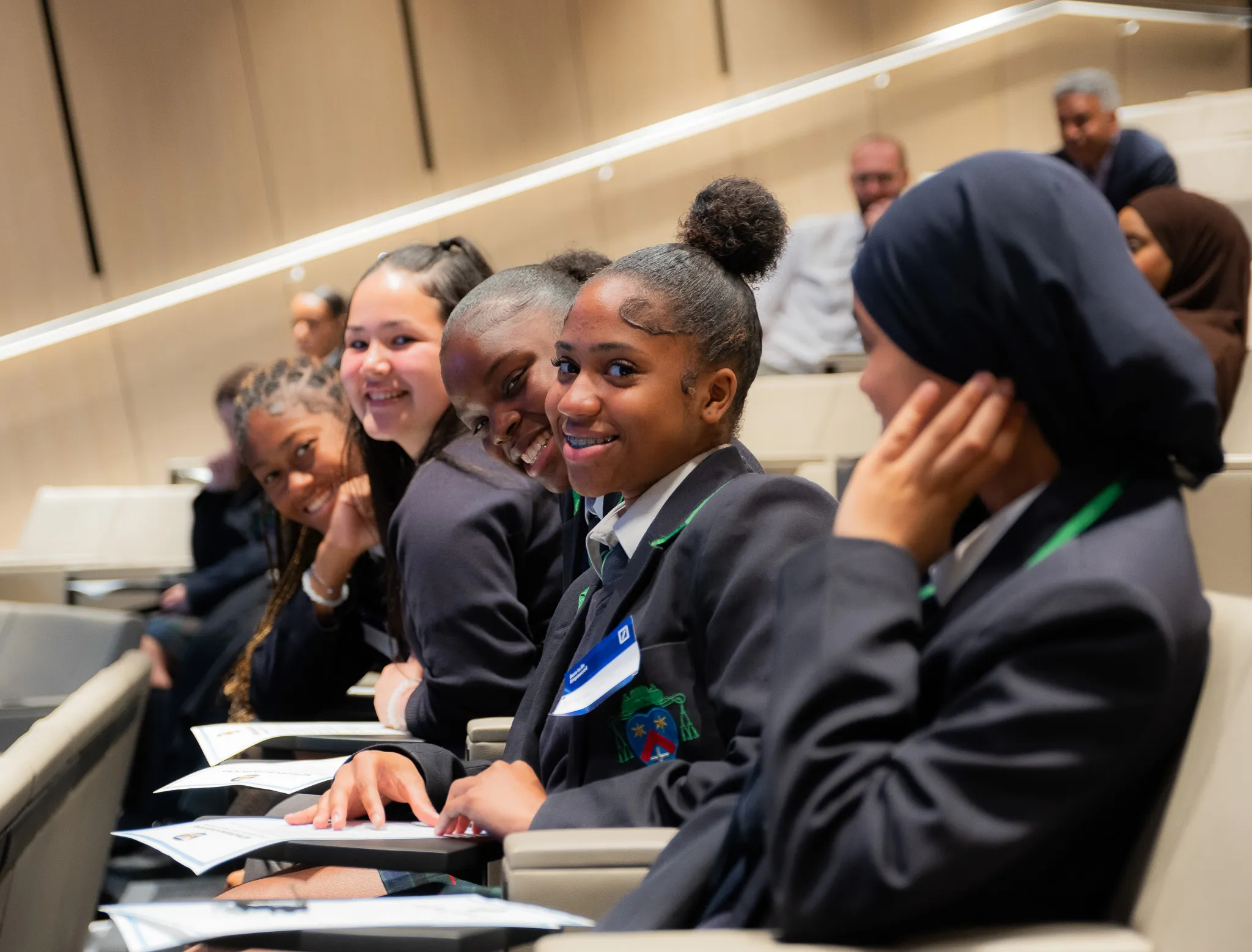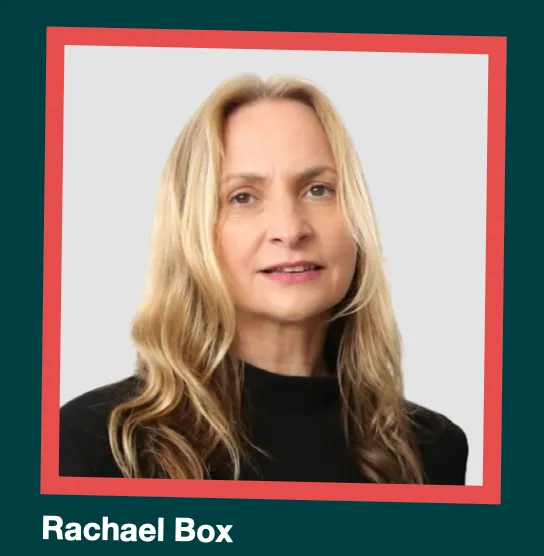
Knife crime is one of the most pressing issues facing England today. Too often, we only hear about the problem at the point of tragedy — in the courtroom, in the hospital, or in the news. But if we are to reduce violence meaningfully and sustainably, we need to go further upstream. We must ask: why are young people picking up knives in the first place?
At Local Village Network (LVN), we believe the answer lies in tackling the root causes: fear, isolation, and lack of opportunity. For too many 14- to 18-year-olds, adolescence becomes a turning point where vulnerability can be manipulated into violence. Our mission is to intervene at that critical stage — not with punishment, but with connection, networks, and hope.
Why 14–15 Is the Crucial Age
The teenage years are often called the “second toddler stage.” Hormones surge, identities shift, and the support of parents and carers can weaken just when young people need it most. By the time a child reaches secondary school, parents are often stretched thin — juggling jobs, the cost of living, and younger siblings.
This is also the age when young people are at greatest risk of drifting into negative peer groups. Without direction, self-esteem, or trusted adult role models, a knife can feel like a form of protection or a symbol of control.
The data is sobering:
• School exclusions are up 21% year on year (ONS, 2023) — and exclusion is one of the strongest predictors of involvement in serious youth violence.
• London knife crime continues to rise, with increases linked directly to austerity cuts to youth services and the cost-of-living crisis.
• National Insurance increases have forced schools to cut support staff, leaving fewer resources to run extracurricular and mentoring programmes.
The result? Too many young people leave school with feelings of uselessness, disconnected, and without the skills or networks they need to survive.
Network Poverty:
The Hidden Root Cause
At LVN, we use the term “network poverty” to describe what we see every day. This is the lack of access to positive adult networks that can inspire and guide young people. Poverty is isolating.
Families in deprived communities often lack the connections that middle-class peers take for granted — an uncle in construction, a neighbour in law, a family friend in finance. Without these role models, career pathways feel out of reach.
Discrimination deepens the problem. Many young people from Black, Asian, and minority ethnic backgrounds feel alienated in professional spaces. The thought is often: “Why try? I’ll never be chosen.” When aspiration feels impossible, risk and rebellion can feel like the only path.
LVN exists to change that.
Our Method: Ten Interactions Outside the Sphere of Influence
Our methodology is simple but powerful: every young person should meet at least ten positive adult role models outside their immediate circle.
It doesn’t take hours of intensive mentoring to make an impact. Sometimes it only takes one conversation with one person who sees your potential. But by ensuring that every young person meets ten, we significantly increase the chances of that spark being lit.
Through our Amplify me sessions, delivered in schools, (and soon youth hubs, and community spaces) young people have the structure to safely meet volunteers from all walks of life. Each volunteer offers insight into their journey, their industry, and the skills that matter in the world of work.
The effect is transformative. As one student told us: “If I can see it, I can be it.”
The Impact: What Young People Tell Us
• 90% of students say their understanding of job and career options has increased.
• 93% say they now understand the importance of surrounding themselves with positive influences.
• 83% say they feel more motivated to work hard for their future.
• 73% say they feel more hopeful about what lies ahead.
Since 2021, 3,108 young people have taken part in LVN Amplify me school programmes. In 2024/25 alone, 42 businesses volunteered, bringing their time, skills, and wisdom into classrooms where it is most needed.
We work with diverse groups:
• 43% of our students are eligible for Pupil Premium.
• 65% don’t have English as their first language.
• 13% have Special Educational Needs and Disabilities.
These are the young people most likely to be excluded, most at risk of recruitment by gangs — but also the most eager to learn, connect, and grow when given the chance.
Why This Matters
For judges, politicians, and policymakers, knife crime can appear as a crisis of law and order. But the reality is that it is also a crisis of belonging, confidence, and connection.
When a young person has somewhere to go, someone to talk to, and something to strive for, they are far less likely to be lured by groomers or drawn into violence. Saying no becomes easier when there is already a bigger yes to hold onto.
The evidence is clear: interventions like LVN’s cost far less than the social and financial burden of prison. More importantly, they transform lives before the point of crisis.
A Call to Action
Knife crime is not inevitable. With the right support, networks, and inspiration, young people can and do choose a different path. But they cannot do it alone.
At LVN, we are calling on policymakers, schools, and businesses to embed network building as a standard part of youth development. Just as literacy and numeracy are seen as essential, so too should access to networks and role models.
Together, we can end network poverty. Together, we can ensure that every young Londoner meets the people who can inspire them, guide them, and help them to build futures free from fear and violence.
Local Village Network Founders
Paul’s Story: A Life Cut Short, A Legacy That Lives On
LVN’s roots go back to Paul, who grew up in care and was sentenced to life in prison for knife crime in 1993. On his release, he co-launched the “LVN Stop the Knife” tour, using his lived experience to warn young people of the dangers of violence. Paul believed deeply that most young people “just lack support.” His message was simple: mindset change matters, and every young person deserves to be given a chance. Though Paul sadly passed away in 2019, his vision lives on in LVN’s work today.
Rachael’s Vision: Building a Local Village Network
Our founder, Rachael Box, saw first-hand the rise in youth violence in her own community. As a single mother of twins, she understood the pressures on families and the gaps in support. Determined to create change, she developed LVN’s model in collaboration with behavioural scientists and educators. Her vision is rooted in an old truth: it takes a village to raise a child. LVN brings that village together — parents, teachers, businesses, and volunteers — to show young people what is possible.
Networks help shape the future of London’s youth. Partner with LVN today.
contact@lvn.org.uk
@localvillagenetwork

Rachel Box, Founder, Local Village Network
www.lvn.org.uk
